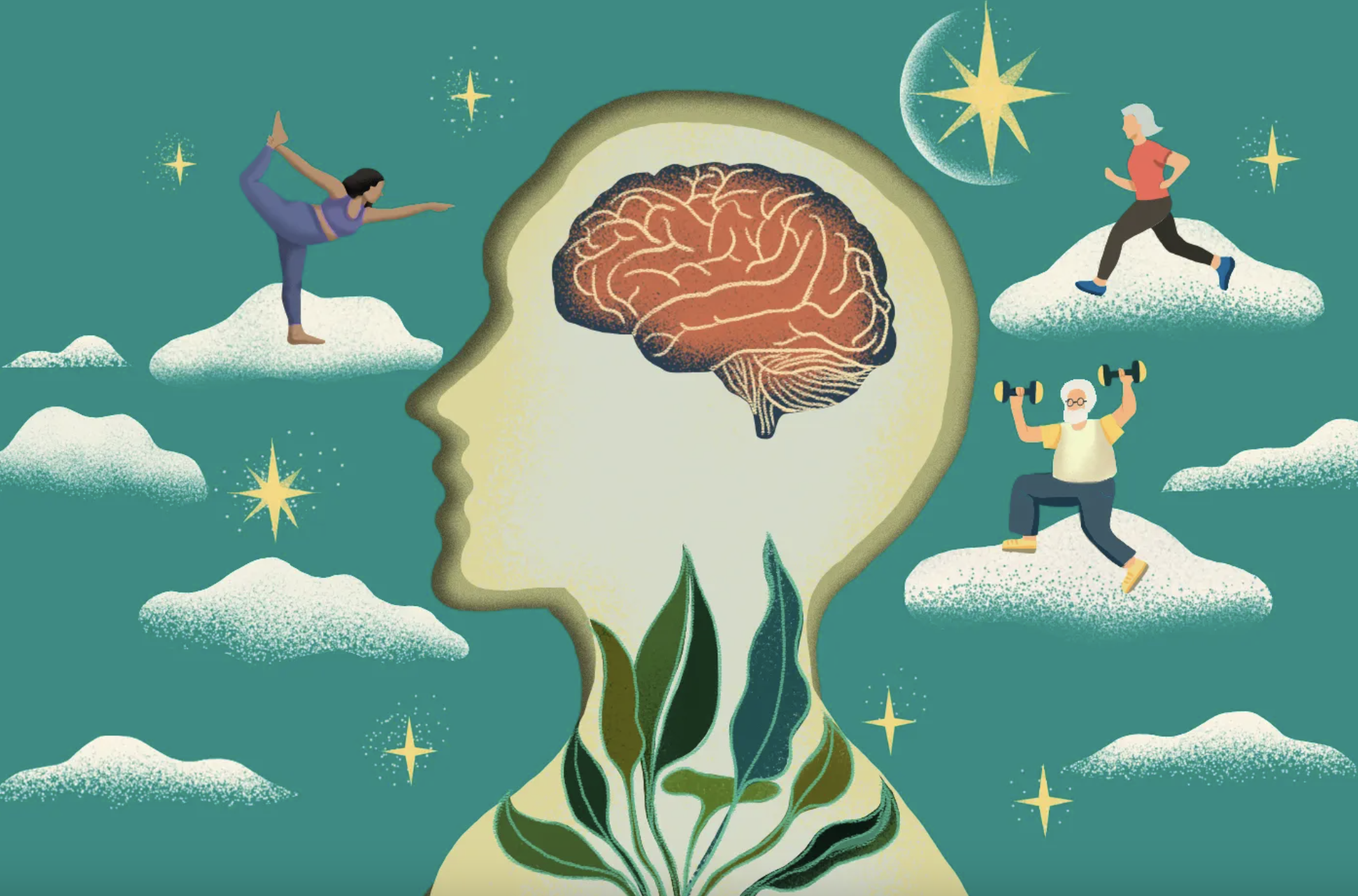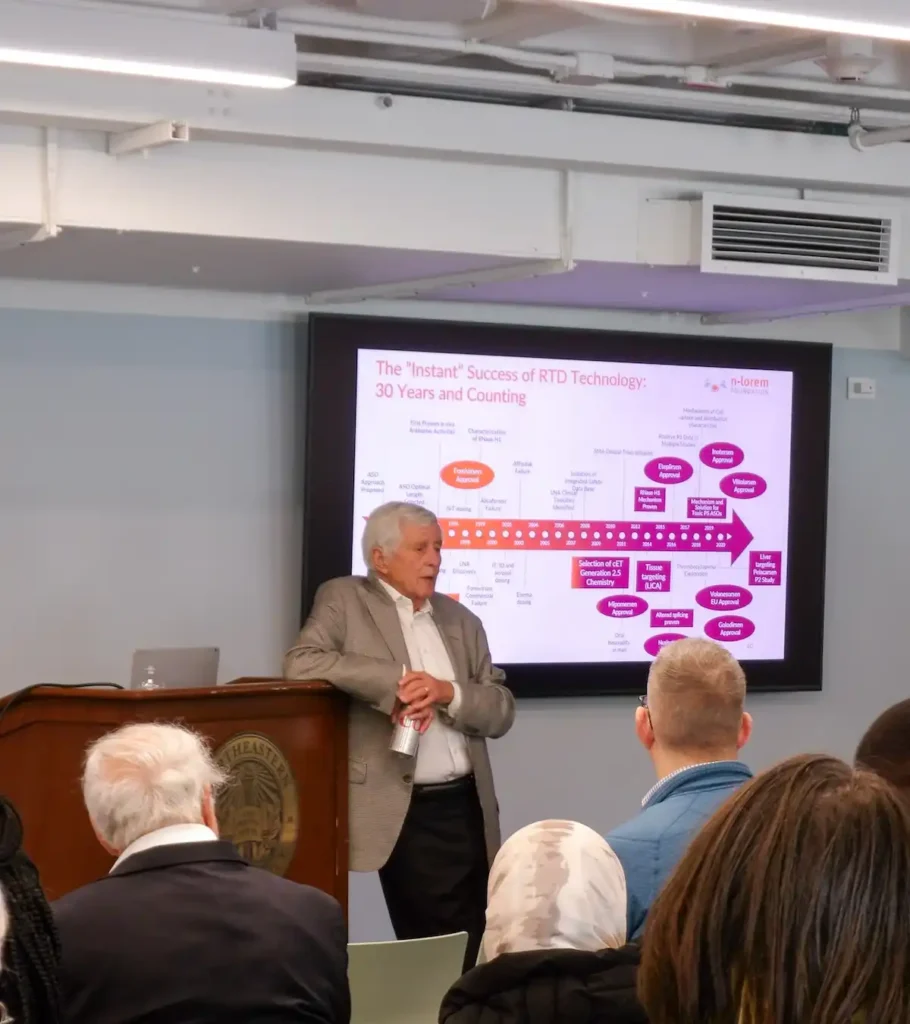It’s well-established that as we age, we tend to be less active. Conventional wisdom points to loss of muscle mass, strength and issues of mobility as reasons physical activity declines later in life.
But Northeastern University researchers say the reason could also be linked to changes in the brain that occur around the time exercise starts to drop off for most people.
“We found that the brain can kind of predict some variance in people’s physical activity behaviors,” says Timothy Morris, an assistant professor of physical therapy, human movement and rehabilitation sciences, and co-author of the study.




